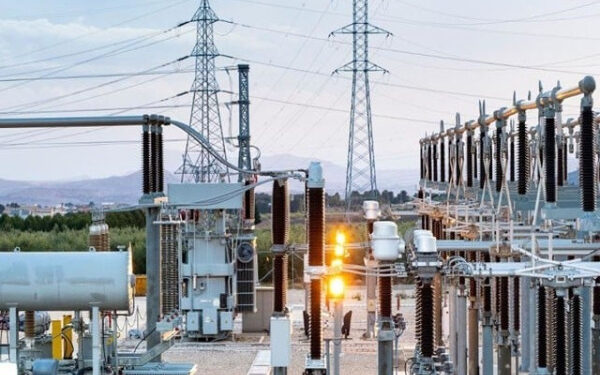The electricity sector in Pakistan has witnessed a significant development as seven Independent Power Producers (IPPs) and the Central Power Purchasing Agency (CPPA) have officially filed applications for a tariff review. This move comes as part of ongoing efforts to reduce electricity tariffs and ensure affordability for consumers while maintaining a sustainable power generation framework.
Key Developments in Tariff Review Applications
According to the latest reports, the applications for tariff review have been filed by IPPs operating under the Power Policy of 2002. The companies seeking the tariff adjustments include:
- Nishat Chunian Power Limited
- Nishat Power Limited
- Narowal Energy Limited
- Liberty Powertech Limited
- Engro Power Qadirpur Limited
- Sapphire Electric Power Limited
- Safe Power Limited
These IPPs, which have been integral to Pakistan’s power generation landscape, are seeking tariff adjustments due to various financial and operational constraints. Their applications will be reviewed by the National Electric Power Regulatory Authority (NEPRA) in an upcoming hearing scheduled for March 24, 2024.
Key Aspects of the Tariff Review Hearing
NEPRA has announced that the hearing will cover multiple crucial aspects of tariff adjustments, including:
1. Exchange Rate Mechanism
One of the primary considerations during the hearing will be the mechanism for adjusting the rupee-dollar exchange rate differences. Since a significant portion of power sector payments is linked to foreign currency transactions, fluctuations in the exchange rate directly impact power generation costs. The review aims to ensure that these variations are addressed systematically without disproportionately burdening consumers.
2. Take-and-Pay System Adjustments
Another major issue to be examined is the implementation of the Take-and-Pay system. Under this system, payments to power producers are made based on the actual electricity purchased rather than fixed capacity payments. This method seeks to improve efficiency and reduce excess costs incurred due to surplus generation capacity that remains unused.
3. Insurance Cost Cap Review
The hearing will also include discussions on reviewing the insurance cap of 0.90% of the Engineering, Procurement, and Construction (EPC) cost. Insurance costs are a significant component of the overall expenses incurred by power producers, and any adjustments could have implications for the final electricity tariffs.
Background on Tariff Review Efforts
The current move to reassess tariffs aligns with the broader policy direction of the government to ensure sustainable and affordable energy pricing. The Power Policy of 2002 provided the foundation for private sector participation in power generation, and while it successfully increased capacity, it also led to financial challenges, including high electricity costs for end consumers.
In recent years, Pakistan has faced mounting issues in the power sector, including circular debt, high fuel prices, and fluctuating exchange rates. The tariff review process is part of a larger reform agenda to address inefficiencies, renegotiate agreements where necessary, and balance the interests of both investors and consumers.
Implications of the Tariff Review
The outcome of the NEPRA hearing on March 24 could have significant implications for multiple stakeholders, including:
- Electricity Consumers: Potential tariff reductions could provide relief to domestic and industrial consumers who have been facing high electricity bills due to rising fuel costs and inefficiencies in power distribution.
- IPPs and Investors: A revised tariff mechanism could impact the financial sustainability of IPPs, influencing their investment decisions and operational strategies.
- Government and Regulatory Bodies: A well-structured tariff review could contribute to stabilizing the circular debt crisis, which has long plagued Pakistan’s power sector.
Conclusion
The filing of tariff review applications by seven key IPPs marks a crucial step in Pakistan’s ongoing efforts to reform its power sector. As the NEPRA hearing approaches on March 24, stakeholders across the energy sector will closely watch the outcomes and potential changes in electricity pricing mechanisms. With a focus on exchange rate adjustments, the take-and-pay system, and insurance cost reviews, the decisions made in this hearing could set the course for future energy policies and economic sustainability in Pakistan’s power industry.
As these developments unfold, the government and regulatory bodies must ensure a transparent, balanced, and consumer-friendly approach to tariff adjustments. The ultimate goal remains the same: to provide affordable, reliable, and sustainable electricity to all sectors of society while maintaining the financial viability of power producers and investors.

























